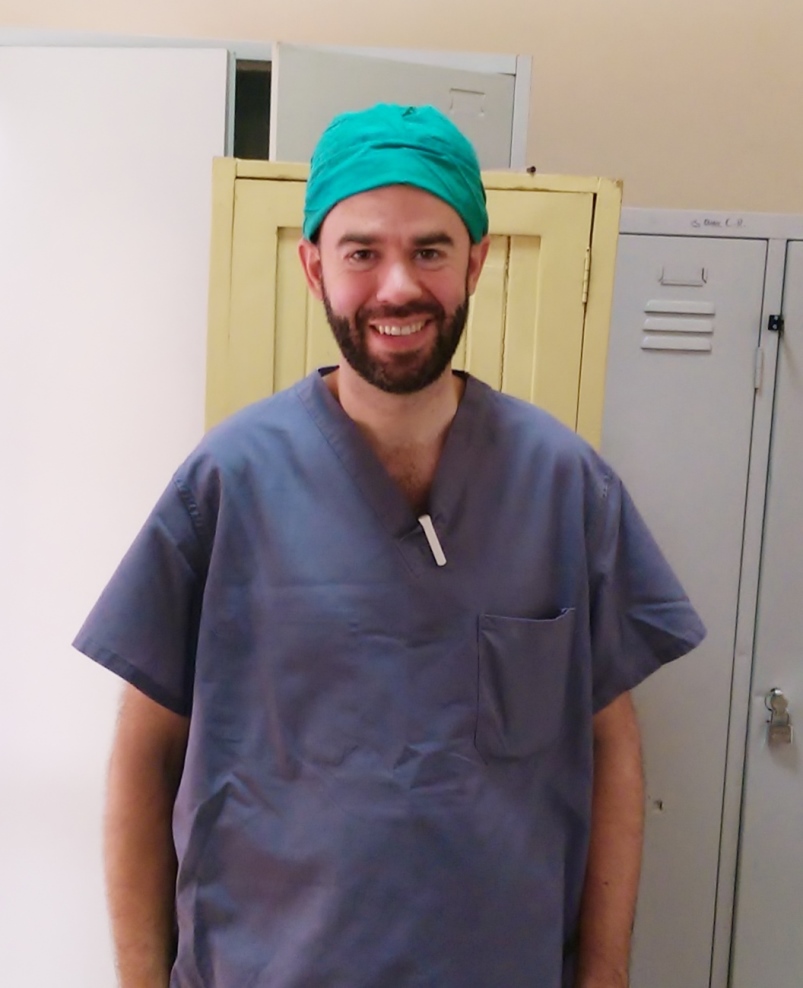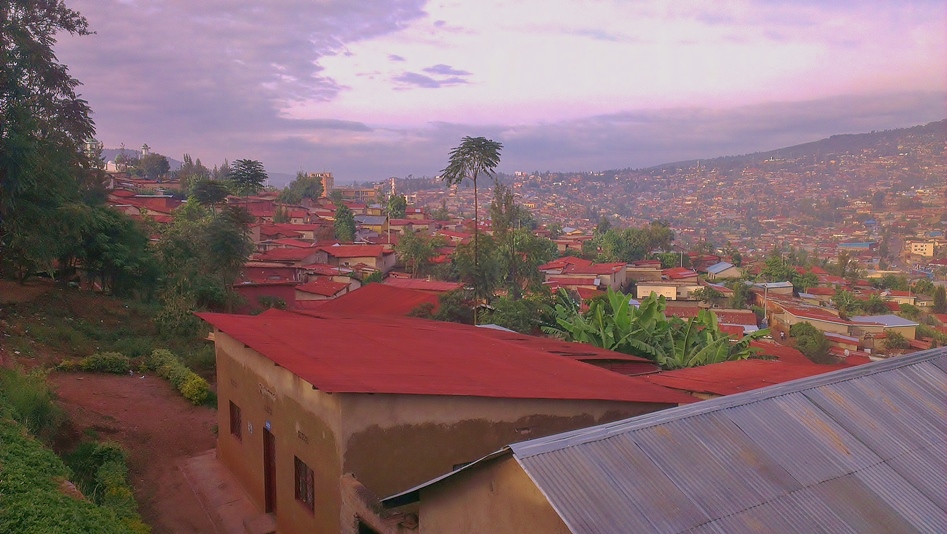 A surgeon who works at Barnet Hospital has been delivering life-saving surgical equipment and training to doctors in Rwanda.
A surgeon who works at Barnet Hospital has been delivering life-saving surgical equipment and training to doctors in Rwanda.
Ed Fitzgerald has spent 10 days in Rwanda delivering pulse oximeters and teaching local medical staff how to use them. The work has been carried out with the charity Lifebox Foundation which aims to improve healthcare across the globe.
A pulse oximeter measures oxygen levels in the blood and allows immediate detection when a patient under anaesthetic is not breathing properly. It is a small machine that clips onto the finger, with an alarm that sounds as soon as oxygen drops to an unsafe level. This seemingly-simple non-invasive device helps to avoid catastrophic loss of oxygen during surgery.
Pulse oximeters are vital pieces of surgical safety equipment, used in all operating theatres in the UK; but in Rwanda and other countries in sub-Saharan Africa, fewer than 30% of hospitals have access to one.

As a result, anaesthesia becomes desperately unsafe. In the UK a patient has a one in 100,000 chance of dying as a direct result of being under anaesthetic, but in developing countries like Rwanda the figure can be as high as one in 150.
Lifebox distributes pulse oximeters, which cost £160 each, to hospitals in more than 90 countries where essential surgery takes place without essential monitoring. Each machine comes with an education programme that teaches local staff about anaesthesia and safer surgery checks.
Ed said: “These machines will safeguard countless lives in Rwanda. The pulse oximeters are standard pieces of kit in the UK and in other western countries but in many parts of Africa they don’t have the money to buy them, and lack training to ensure they can be used properly.”
“It was hugely rewarding to travel to Rwanda and meet the doctors and surgical staff who are doing a wonderful job with limited resources. I hope the pulse oximeters will make a massive difference and improve the care that they can give to patients.”

Ed became involved with Lifebox in 2013. He said: “I wanted to help because the role of surgery in global health has been largely neglected. Working out how to deliver this safely in countries that have little capacity for healthcare will be one of the biggest challenges faced by global health in the years ahead. Lifebox is tackling this in practical and innovative ways. It’s a pleasure to work with them and I’ve learnt a lot.”
Lifebox was founded by the World Federation of Societies of Anaesthesiologists, the Association of Anaesthetists of Great Britain and Ireland, the Harvard School of Public Health and the Brigham and Women’s Hospital. The charity is chaired by Harvard University Professor Atul Gawande, and works to make surgery safer in low and middle income countries by providing equipment, education and training.
ENDS
Notes to editors
Media contacts: mary.mcconnell2@nhs.net or call 020 7472 6665
Top image: Ed Fitzgerald.
About the Royal Free London NHS Foundation Trust
The Royal Free began as a pioneering organisation and continues to play a leading role in the care of patients. Our mission is to provide world class expertise and local care. In the 21st century, the Royal Free London continues to lead improvements in healthcare.
The Royal Free London attracts patients from across the country and beyond to its specialist services in liver, kidney and bone marrow transplantation, haemophilia, renal, HIV, infectious diseases, plastic surgery, immunology, vascular surgery, cardiology, amyloidosis and scleroderma and we are a member of the academic health science partnership UCLPartners.
In July 2014 Barnet Hospital and Chase Farm Hospital became part of the Royal Free London. Read: A bigger trust, a better future.
 Translate
Translate